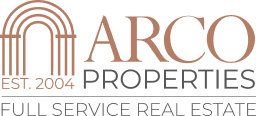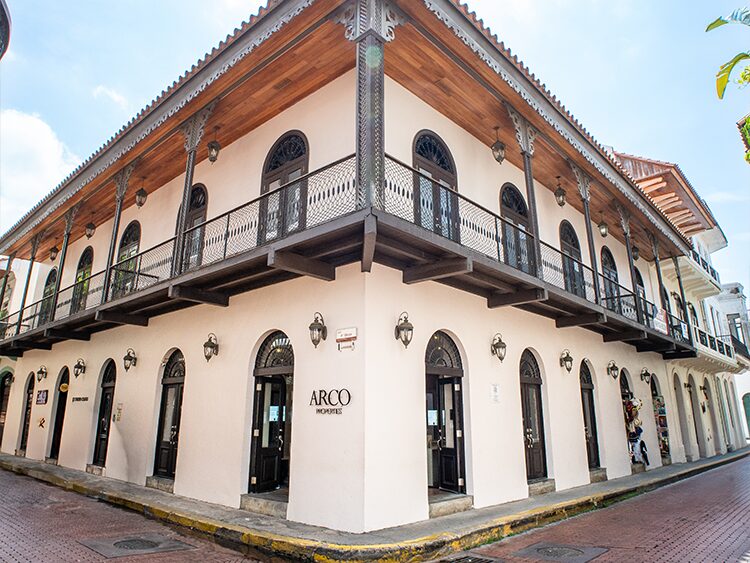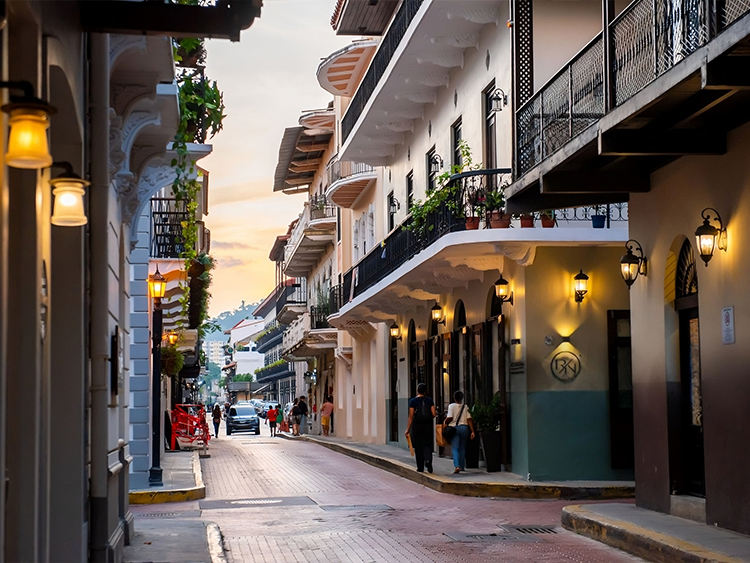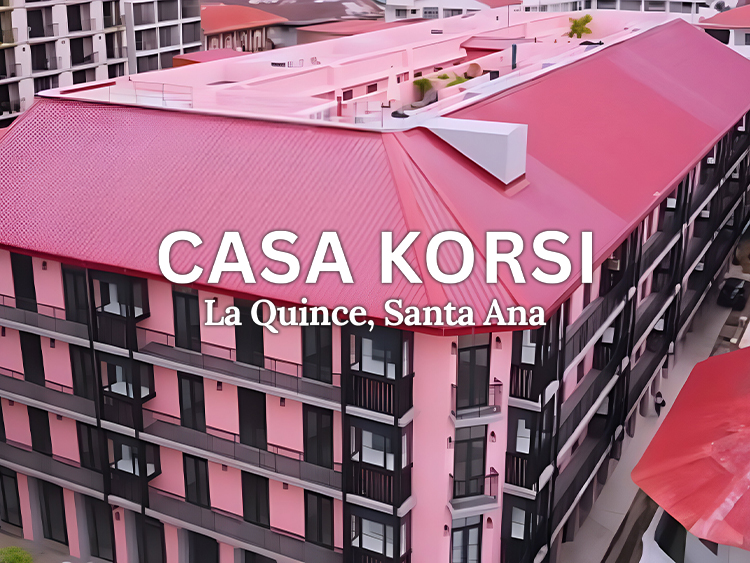How to buy property in Panama? (and in Casco Viejo)
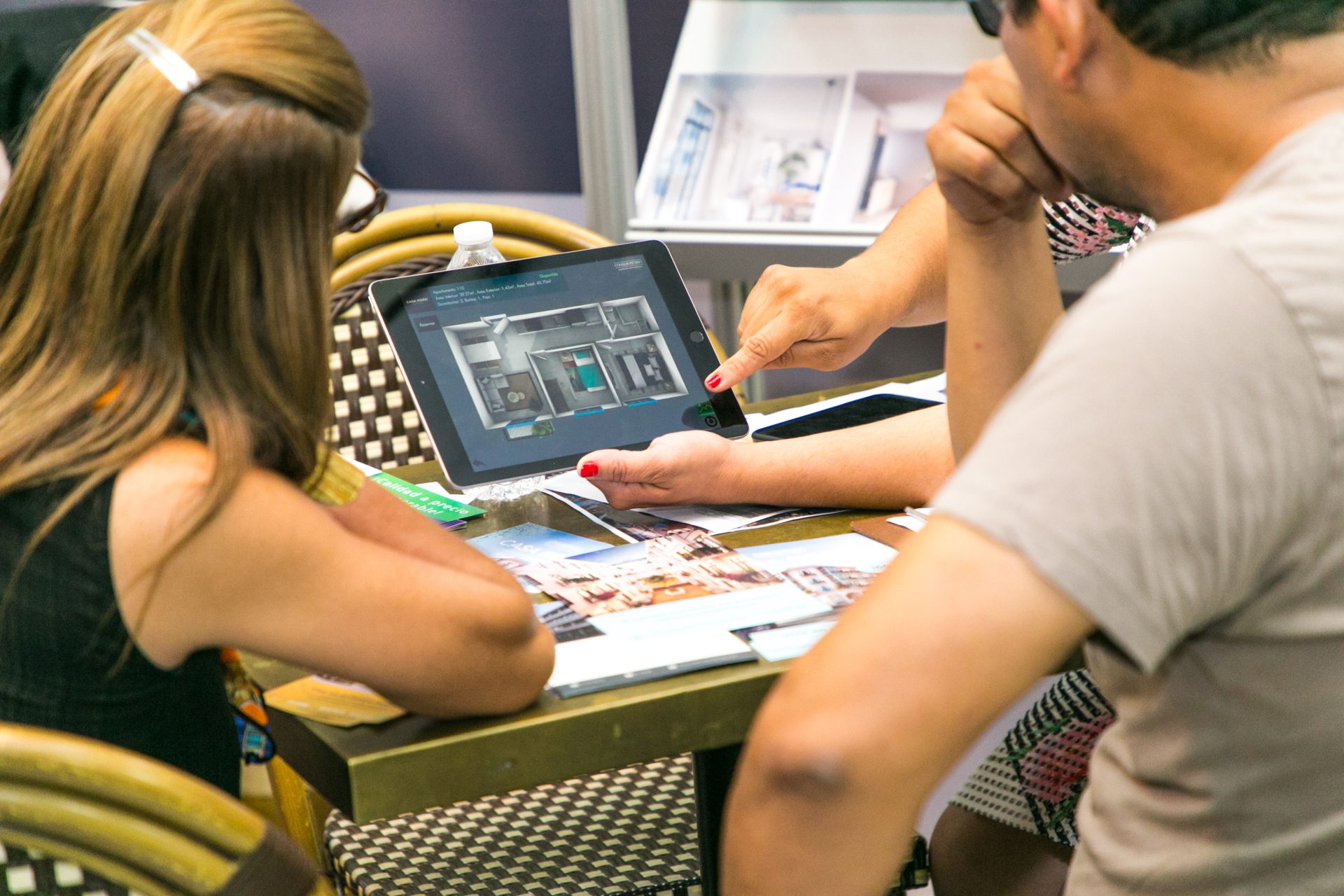
How to buy property in Panama? (and in Casco Viejo)
If you are wondering how to buy a property in Panama and Casco Viejo, here is a guide with a comprehensive list to get you started. Whether you are looking to retire in Panama, buy a future home or investment property, these are general principles that apply everywhere.
Real Estate in Panama and Casco Viejo: buying, owning

A. Buying Property:
As a foreigner there are no restrictions to own, sale, buy or rent in Panama. You can own under your personal name or under a corporation. The Panamanian system is quite simple, their contracts don’t tend to be as detailed minded as the American type. You´ll see some things are similar and some aren´t. We would like to approach the process in detail so you know what to expect:
- The Purchase Contract:
Panama has titled and untitled/rights of possession property. All titles are recorded in the Registro Publico located in Panama City. It is important that when you come across a property that you like you ask very specifically about the title situation.
Most Panamanian coasts and islands are “right of possession” only, which means you don’t hold the title but a concession with the government. In some cases, if the title is an old one, from the early republic back in 1903 this owner or the heirs can claim the land. This is why it is important that when dealing with coastal or island property your lawyer does a profound due diligence and includes provisions for this matter in the contract. Otherwise, you might as well be buying air. Expensive air.
In Casco Viejo, and specially in renovated properties this is not an issue. Developers tend to have clean title and the resulting condo or apartments will have their titles as well. When buying unrestored buildings, you do need to be more careful. The good thing is that some of the oldest title in the country is here! If you are a fan of history, of course. As realtors specialized in the area, we have spent quite some time with the specifics of unrestored property. If you are looking to purchase a building to restore, let us know. This deserves its own chapter and conversation over coffee.
After deciding on a property, typically an attorney writes a Compraventa de Promesa–Promise to Purchase/Sell. All the terms and conditions are stated. When this is signed by both buyer and seller, the sellers receives a deposit, usually 10%.
Unlike the States, the Realtor rarely writes a Compraventa so there can be a time delay between the acceptance of the verbal offer and the Compraventa signing. A verbal acceptance is not legally binding. It is important to get a signed Compraventa and give the deposit to the seller as quickly as possible otherwise he is free to accept other offers.
If you are purchasing renovated property or apartment, be sure to itemize any appliances, hot water heater, light fixtures, mirrors, etc. that you want included. Kitchen appliances are referred to as línea blanca, “kitchen furniture” and are not always included. Like any contract, it is what the parties to the contract agree to. Be sure to discuss each clause with your attorney so you understand what you are signing. A common mistake is to be caught up in the heat of the moment and not hire a lawyer to advice you. Spanish contracts don’t translate well to English language. However, it is advisable that your lawyer explains fully every clause and address all you questions before signing.
Even after you have a signed Compraventa and given a deposit, typically Compraventas contain a clause allowing a seller to accept other offers. In the event the seller does this, he must give the original buyer double his deposit back. To avoid this situation, the buyer must have a specific performance clause included in the contract.
Be aware that a financing contingency clause is not standard in Panama. If a property does not appraise out, a buyer must come up with the additional money and close or forfeit the deposit.
- Deposits
Deposits are not typically held in escrow. The typical deposit is 10% of the purchase price. This is commonly released to the seller. Most sellers will need those funds to pay the IDAAN or past due taxes, both of which the seller must pay in order to pass the title on to the new buyer. Holding this money in escrow is uncommon but it is starting to get used if it provides that the money can be used to pay all the necessary costs described above. However, many owners won’t accept an escrow.
We strongly urge buyers to employ a Panamanian attorney who will do the due diligence to make a title search, review the cadastral maps, verify that taxes are paid, utility bills are current and to check that there are no encumbrances on the property. It is not uncommon to skip the Promesa de Compraventa and to enter directly into the Contrato de Compraventa.
- Letter of Payment
Compraventa provides for the buyer to give the seller a letter (Carta Promesa de Pago) from a local financial institution or mortgage bank stating that the balance of the money due is being held and will be released to the seller upon presentation of the deed, Escritura, transferring, ownership to the buyer. There is usually a time limit for this letter to be received by the seller. Banks will issue the Carta de Promesa de Pago after a mortgage is approved. Be mindful of the deadline agreed upon in the Compraventa. The Escritura is always recorded in the Registro Publico.
Once this letter is delivered to the seller, then taxes will get paid and the Escritura will be drafted alongside the final documents. This package is the one to go to the Public Registry.
Only when the title comes out to the new owner will the old one be able to go to the bank with the letter of payment and transform that into cash.
- Closing:
How long does it take to close?
For cash buyers, the purchasing process for anything other than pre construction properties is simple and faster. Recording the transfer in the Registro Publico can take anywhere from one week to 30 days. Getting a mortgage approval takes the most time so allow at least three months.
Documents needed from the seller may include:
Receipts (Certificates of Good Standing) for: property taxes, 2% transference tax, 3% capital gains, condo fees, water bill. If a corporation is being sold, then you´ll add basics like the corporation documents and taxes paid.

B. Mortgages in Panama:
Most banks in Panama have very similar requirements, however, there can be differences in their requirements or procedures which will make a buyer choose one over the other.
As a foreigner you can get a mortgage in Panama. As per 2022, we are linking here to a full blog on how to get your mortgage in Panama. LINK:
If you are living in Panama, earning a salary in Panama, have a cédula in Panama and this is your home, this mortgage calculator may be interesting for you: CLICK HERE
If you are living abroad, earning abroad, even if you have a Panamanian ID, then better calculate with this one: LINK HERE
Use 20 years and at least a 3.75% for your purchase, assuming a full rate of 6% minus subsidy of 3% plus 1% FECI.
Other considerations:
- Life Insurance
Required for all mortgages. A physical by a Panamanian doctor is necessary before a mortgage is approved, especially if the amount surpasses $500,000. You do not have to use the insurance company suggested by the bank. Many insurance companies will send a doctor to your hotel for the exam.
- Title Insurance
Is not commonly used in Panama as Registro Publico is regarded as the ultimate proof of ownership. However, some title insurance companies have started to penetrate the market, so you do have that option.
- FECI
A 1% FECI (Government Fee) is added if the buyer does not live in Panama or if the property is not their primary residence.
- Interest Rate
The use of the property, commercial or residential, for investment or for your personal use, can affect the interest rate. Rates are not typically fixed. Casco Viejo has a specific law that ends January 2024 with important benefits. Take a look HERE: LINK
- Pre-Payment
Some mortgages can be pre-paid without any penalty after the first year, and some banks do not allow a pre-payment until after five years. Be sure to inquire.
- Closing Costs
Generally they run about 1% of the mortgage. Ask to have these costs itemized by the bank if you are buying with financing or your lawyer if you are buying cash.
- Know your Client
Because of international regulations, Panama´s banks, lawyers and realtors are bound to have a document known as “know your client”. This will be required from you at all three points, so please make sure you fill it out and provide proof of your economic activity.

C. Owning a Property:
Depending on the property you own you’ll have different duties. If you are planning on being an absent owner, hiring a management company might be a good idea. In any event, your responsibilities would be the normal responsibilities anywhere else in the world: pay your annual property taxes and your monthly condo fee (which in Panama might start at $2 per square meter).
- Renting a Property:
Getting a property rented is relatively straightforward, provided your price is not completely out of order with the market and your property is in good standing. The tenant will be required to pay one-month deposit, which will remain in escrow at the Ministry of Housing and the first month in advance, which owners use to pay the realtor’s commission. If the tenant leaves earlier and without giving notice or if damages are done to the apartment, you collect the deposit from the Ministry. If everything went well, then the tenant gets it back.
Depending on how hands on you are, it might be useful to use real estate brokers. Exclusivity is not common in Panama for which you can choose to deal with a thousand realtors and clients yourself or hire a real estate agency to do this for you. It will cost you the same either way. The standard commission is one month rent plus a 7% itbms tax for a year rental contract.
2. To Airbnb or not to Airbnb:
As popular as short-term rentals have become in 2022, truth is it is a thorny issue for most residential condominiums, specially if owners or long-term tenants live there. For Panama City, which includes Casco Viejo, legislation states that short term rental must be at least 45 days or longer. Truth is that many condos, especially quality condos, have banned it completely. At the end, the question every full-time owner and long-term tenant wants answered is “who am I sharing my common spaces with”, and “is this going to wear and tear the building with higher traffic”.
So, make sure you understand the policies of your specific condominium before even buying the unit and do hire an administrator that knows what he or she is doing. Vetting clients is crucial, as well as guarding against partying or any activity that would be against the general quiet enjoyment of everyone in the building.
